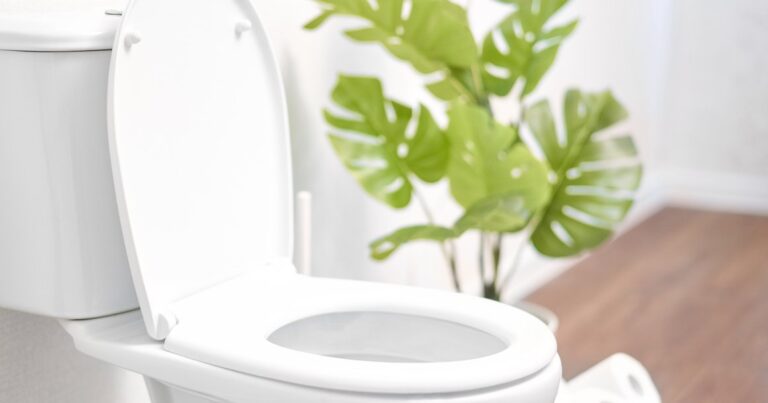It may not be a pleasant topic to talk about, but bowel regularity plays a crucial role in your overall health.
How often people have bowel movements varies widely, but doctors consider anything between three bowel movements per day and three per week.
be normal. This means that one person’s “normal” might mean another’s constipation.
Regardless of how often you normally have bowel movements, it is important to have them regularly. If you don’t have one for several days, digestive waste can back up into your intestines and possibly damage your organs.
On the other hand, prolonged diarrhea can cause
dehydration. This can be serious for children, the elderly, and people with weakened immune systems.
Intestinal mechanics
Stools are the end product of
digestionthe process by which your body breaks down food into nutrients it can use and gets rid of waste it can’t.
Your small intestine (or
small intestine) breaks down partially digested food that comes from your stomach into liquid and absorbs most of its nutrients. This leaves liquid waste that moves through your large intestine (or
large intestine), which breaks it down, absorbs the water, turns it into stool and moves it into your rectum.
Your intestines keep your digestive process moving by contracting. How often they contract determines how often you have a bowel movement.
• When your intestines contract too frequently, your large intestine does not have enough time to absorb water from the liquid waste it receives from your small intestine. He also doesn’t have time to shape waste. The result is loose, watery stools associated with
diarrhea.• When your intestines don’t contract frequently enough, liquid waste from your small intestine moves too slowly through your large intestine. This causes your large intestine to absorb more water from waste than normal. When this happens, you pass the
hard, dry stools
associated to
constipation.
Causes of irregularity
Conditions that may cause
constipation
include:
• Intestinal blockage
• Neurological problems, such as Parkinson’s disease and multiple sclerosis
• Pelvic floor dysfunction
Dietary causes
Constipation problems include not eating enough fiber or drinking enough water, as well as eating too much sugar and animal fat. Constipation can also be caused by certain medications, including laxatives, if you use them too often. Not getting enough exercise and not relieving yourself when you need to can also lead to constipation.
Common causes of diarrhea
include:
• Digestive disorders, such as irritable bowel syndrome, Crohn’s disease, and celiac disease.
• Viruses and bacteria
• Parasites
• Food intolerances, such as lactose intolerance
• Drugs
• Excessive consumption of alcohol
• Specific sugars, such as fructose
• Too much coffee
Constipation and diarrhea can sometimes be the result of a serious medical problem. If you have prolonged or recurring attacks, you should consult a healthcare professional.
Remedies for constipation and diarrhea
For constipation,
stimulant laxatives
can be useful, but you shouldn’t use them for too long. Stool softeners may also provide relief. Bulk forming
fiber supplements
which contain calcium polycarbophil (FiberCon), methylcellulose (Citrucel), psyllium (Metamucil) or
polyethylene glycol
(Miralax) are also reliable remedies for constipation. They may take a little longer to work than stimulant laxatives and stool softeners, but they are safe for daily use.
Remedies for diarrhea include over-the-counter medications containing loperamide (Imodium) or bismuth subsalicylate (Pepto-Bismol and Kaopectate). To avoid dehydration if you have diarrhea, be sure to drink plenty of water and sports drinks that are low in sugar and contain electrolytes while you recover.
Stay regular
Preventing constipation that is not caused by another illness is simple. You can do this by:
• Maintain a healthy and nutritious diet
• Eat at the same times every day
• Getting enough fluids
• Exercise regularly
• Prioritize sleep
There are also steps you can take to
reduce your risk of diarrhea. They understand:
wash one’s hands
food hygiene
• Be careful what you drink, especially when
travel abroad
Summary
Bowel regularity may not be the most pleasant topic, but it’s important to understand how to maintain your digestive health and avoid potential causes of irregularity. If you suffer from bowel irregularities, most cases can be relieved with simple lifestyle adjustments, such as eating a healthy diet, drinking enough water, exercising regularly, and practicing good hygiene.
